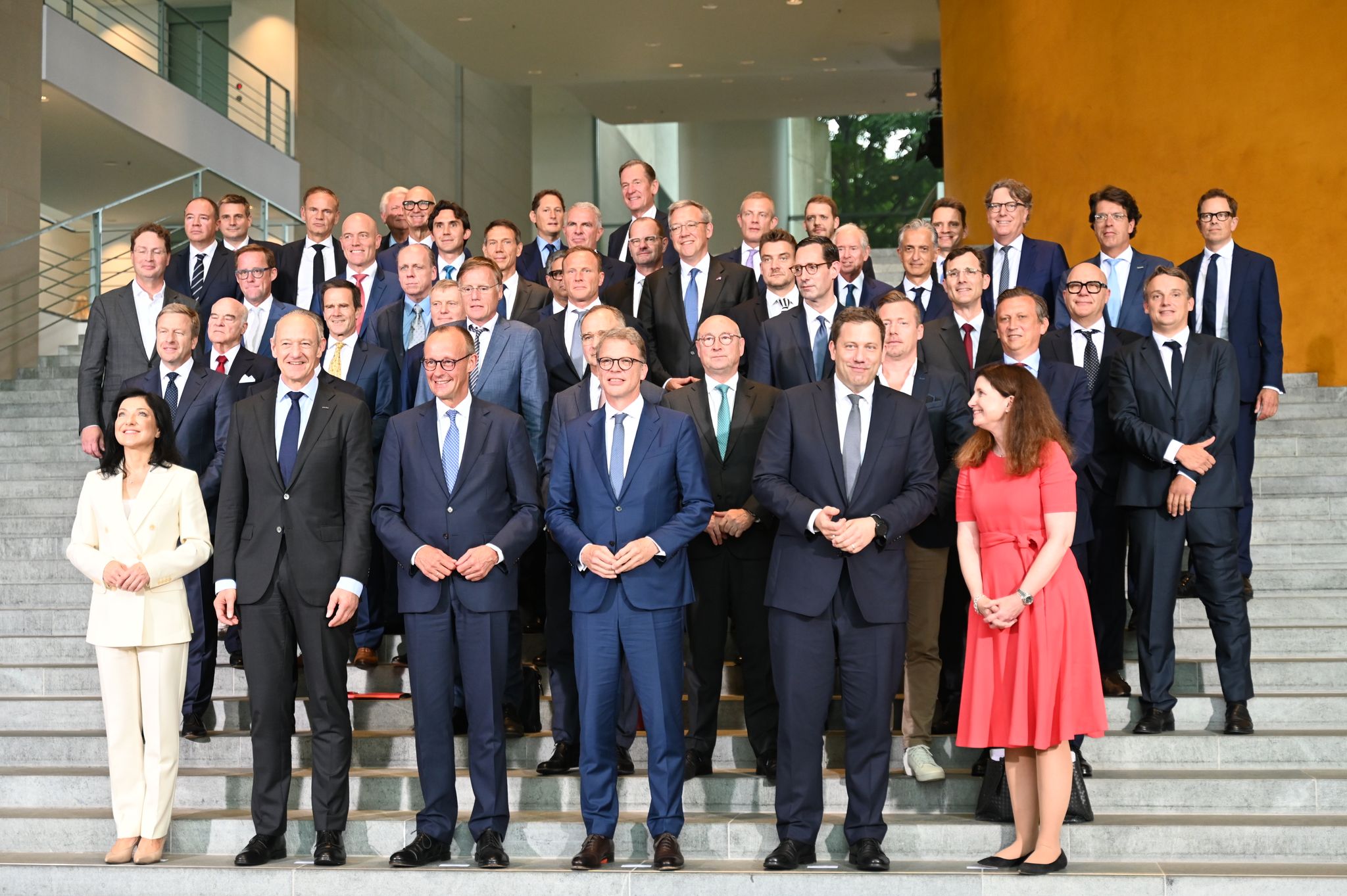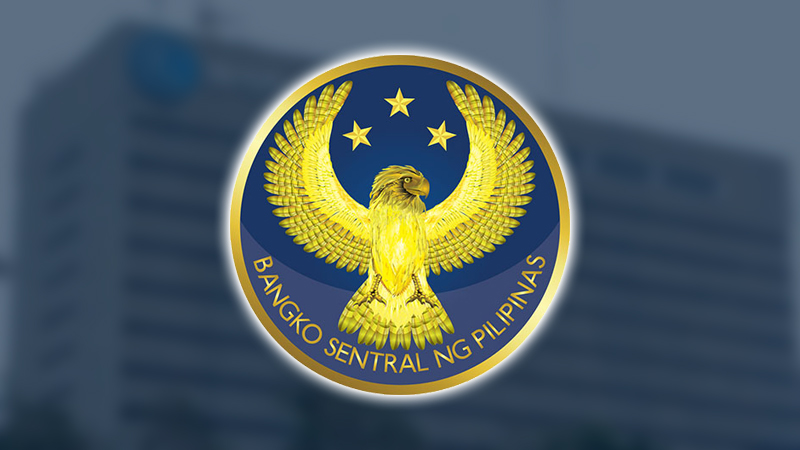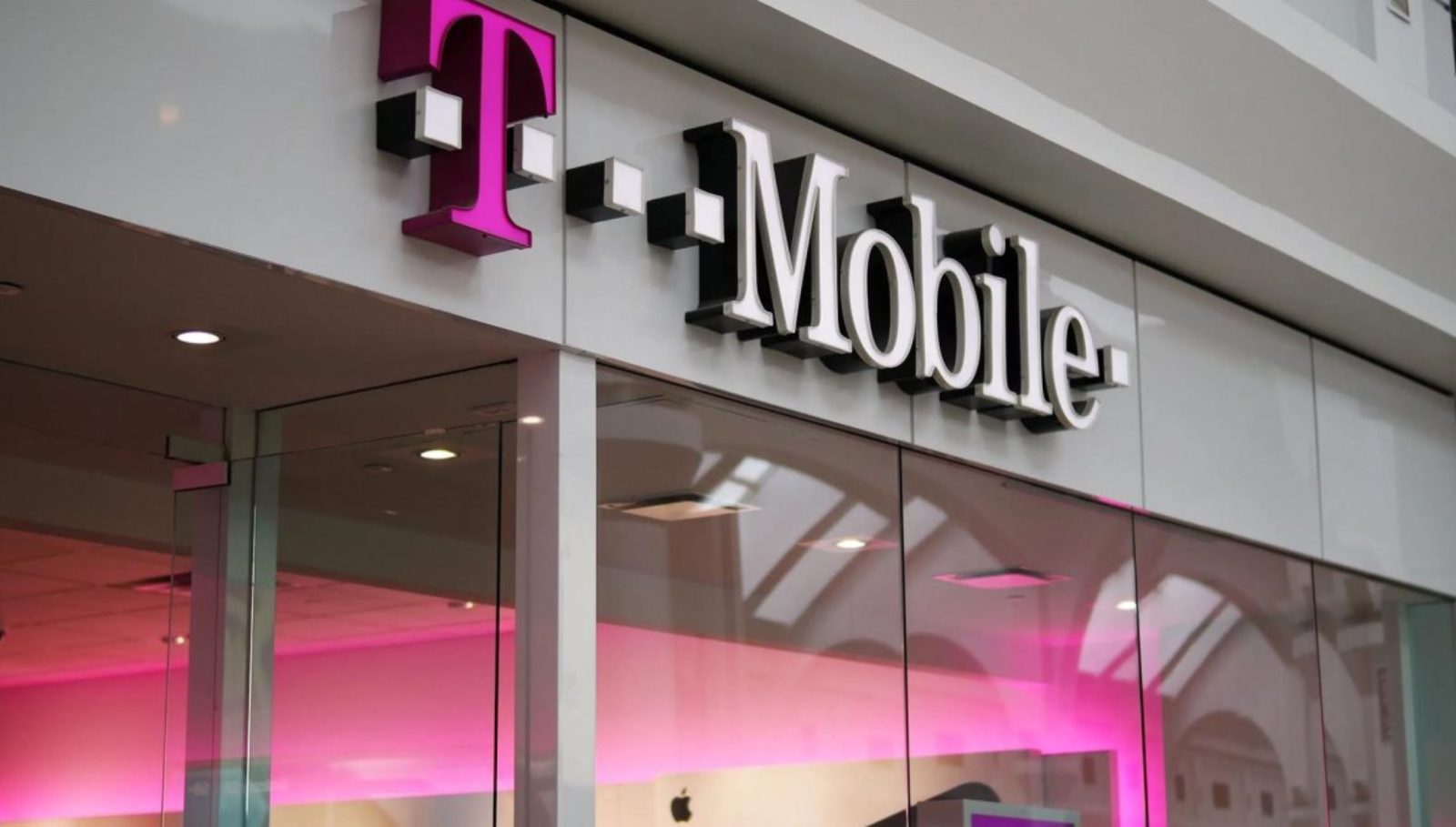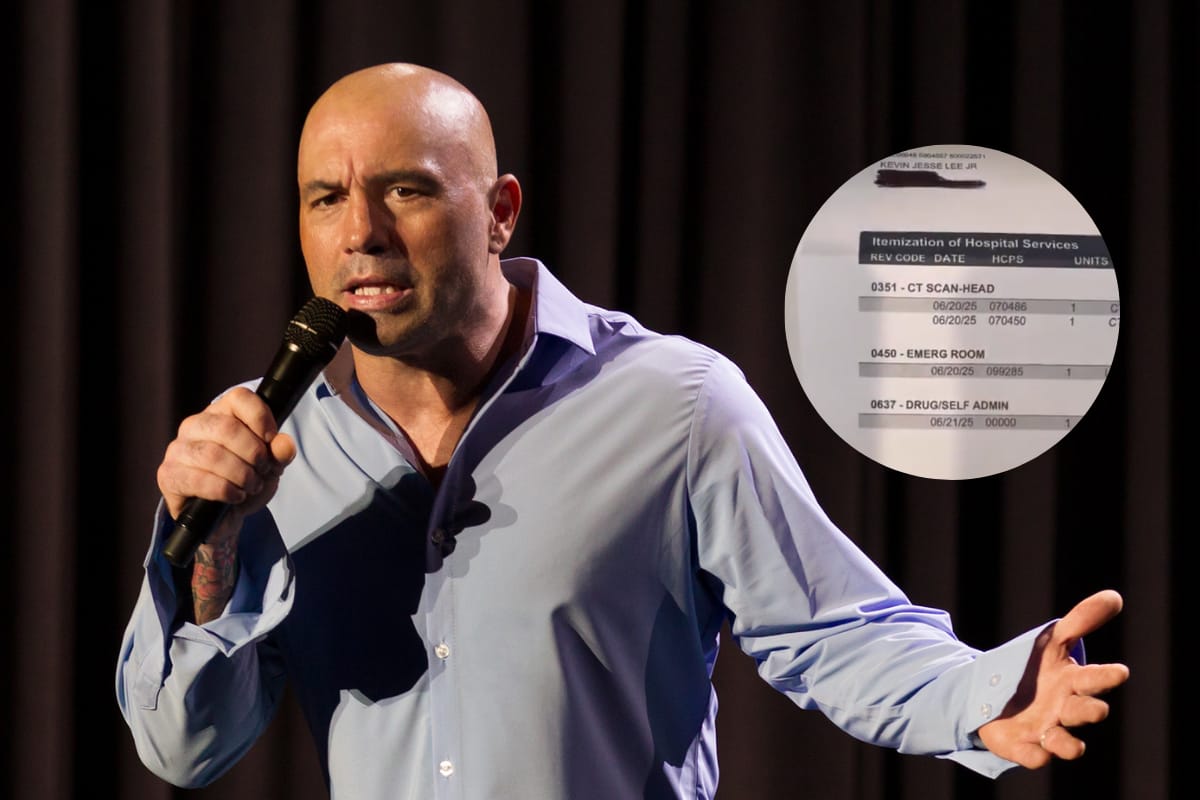By Gnnliberia
Copyright gnnliberia
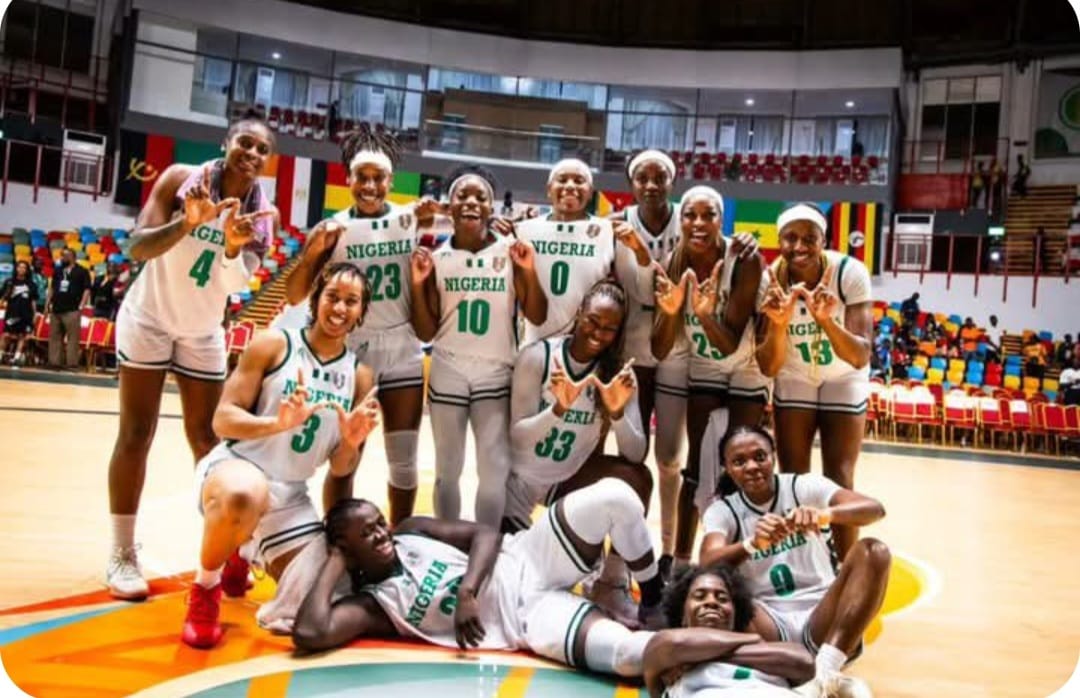
By Bunmi Makinwa
Every year, the National Basketball Association (NBA) in the US chooses the most promising future basketball talents for the upcoming season. The key event, known as the draft, signifies the introduction of future top athletes. They join teams, aiming to win games, with both teams and the rookies making a lot of money.
The NBA basketball industry is valued at about 133 billion US dollars, with the league generating over 11 billion US dollars annually. In the highly profitable sports industry, basketball is next to American football and almost on par with baseball as one of the most lucrative sports in the US.
NBA and Nigerians
In the NBA 2019-2020 draft, an unprecedented eight players of Nigerian heritage were selected, the highest number ever from Africa. In the 2023- 2024 season, three new players of Nigerian heritage were chosen, and from 2015 to 2024, a total of 19 players of Nigerian descent were drafted.
A high number of Nigerians currently play for top NBA teams, and the steady presence of players of Nigerian descent in the NBA is assured for decades, alongside a few others of African descent.
In the US, as in many countries around the world, Nigerians also feature in American football, baseball and soccer, the more recent major sport to gain popularity in the US. But nowhere has the Nigerian footprint been as compelling as it is in basketball within the NBA.
First African in the NBA
In October 1980, a lank and shy Nigerian boy took a flight from Lagos to New York, armed with only a note of introduction for possible admission to college with an anticipated scholarship based on his basketball skills. An American coach who identified him made contact with four colleges and assisted him in obtaining a US visa in Lagos.
The 17-year-old boy was Hakeem Olajuwon, the first African to be selected in the NBA draft. At six feet eleven inches, he was the trailblazer whose exemplary skills opened the doors for many other African players.
Olajuwon was accepted by the first and only college that he visited, the University of Houston, where he studied and played the game. He was later drafted in the first round as the first overall pick in the 1983-1984 season by the Houston Rockets, ahead of America’s Michael Jordan. Olajuwon was also picked in the first round, but as the third overall by the Chicago Bulls.
Although Jordan got higher name recognition and a superior game than those who were drafted ahead of him, Olajuwon came first in the sport on several fronts during a career that spanned 18 years. Incidentally, both Jordan and Olajuwon were born in 1963, only separated by a few weeks.
Olajuwon led the Houston Rockets to win two NBA championships and holds records and awards in many aspects of the sport. He also played briefly for the Toronto Raptors.
Many Nigerians are at the apex level of global sports, especially overseas.
Nigeria boasts an enormous wealth of sports talent and physical capabilities. However, sorely lacking are training facilities, effective management and exposure to first-class guidance and development.
Basketball, despite its early start and huge potential in Nigeria, is still struggling as a sport or business in the country.
Nigeria’s male and female national basketball teams, the D’Tigers and D’Tigress, are pulling their weight on the African continent and globally, but the bulk of their players are foreign-based.
Meanwhile, some former and current NBA stars of Nigerian descent run coaching clinics, academies, foundations and other services to encourage and develop interests in gifted players in the country.
The list includes Olajuwon, Precious Achiuwa of the Miami Heat (formerly of the New York Knicks), Giannis Antetokounmpo of the Milwaukee Bucks, Zeke Nnaji of the Denver Nuggets, Obinna Ekezie, formerly of the Washington Wizards, and Chiney Ogwumike, who has played for both the Los Angeles Sparks and the Connecticut Sun in the Women’s National Basketball Association (WNBA). Masai Ujiri’s Giants of Africa scout for talent and promote the sport in many African countries.
The Future of Basketball in Nigeria
The International Basketball Federation (FIBA) and the NBA jointly established the Basketball Africa League (BAL) in 2019, which organizes competitions and develops the capabilities of male and female players on the continent. The Basketball without Borders outreach is one of the platforms deployed to achieve this objective, with African national basketball league teams taking part in the BAL.
Under the auspices of FIBA, the governing body, the Nigerian women’s national basketball team, D’Tigress, which has dominated the sport in Africa for over a decade, winning the Afro-basketball championships for the fifth consecutive time this year, made history in 2024 as the first African national team to reach the quarter-finals of the Olympics in Paris, France.
These achievements demonstrate the key role of women in the sport.
Still, there is plenty of room for improvement by Nigeria’s federal, state governments, and local authorities in harnessing and pooling the untapped basketball resources. The private sector equally has a critical role to play in investment and the provision of social services to the community.
Greater attention should be paid to developing local talent and encouraging more women in sport. Building on demonstrated and latent interest, the private and public sectors should partner with athletes and diaspora groups to establish basketball leagues in Nigerian states and cities.
A lucrative industry is waiting to be unlocked in basketball and other sports in Nigeria, given its rich resources and a huge market of an estimated 240 million population.
